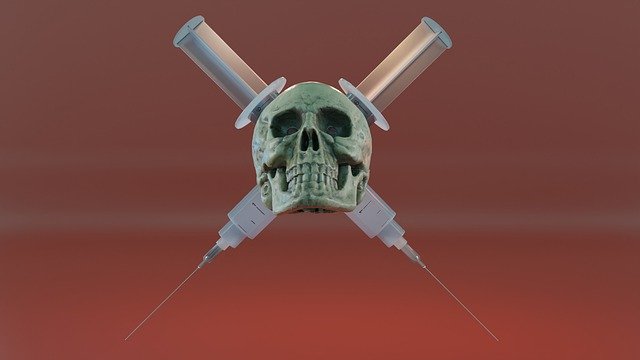In this July 1, 2021 article published by Science Mag, Meredith Wadman reveals that several virologists and vaccinologists who sit as editors of the journal Vaccines have resigned in protest against the publication of a peer-reviewed article which concluded that “for three deaths prevented by [COVID-19] vaccination, we have to accept two inflicted by vaccination.” [We have published this research in the article COVID vaccines kill two people for every three lives it saves].
The journal published an Expression of Concern about the paper saying, “The major concern is the misrepresentation of the COVID-19 vaccination efforts and misrepresentation of the data”. The authors of the study submitted a rebuttal of the expression of concern, to no avail as the journal has officially retracted the paper last July 2, 2021.
Helen Petousis-Harris, a vaccinologist who directs the Vaccine Datalink and Research Group at the University of Auckland, and who also resigned as a Vaccines editor said in an earlier interview that she was pleased with the speedy and serious response from the leadership at Vaccines. She adds that her resignation may not be permanent, “It has been a good, solid, respectable journal. And if [the paper] is going to be retracted … then I would still be happy to be part of the team.”
The retraction notice for this article may be found here: https://www.mdpi.com/2076-393X/9/7/729/htm
Editor’s Note: Since when did journal editors have to resign to get a study retracted? If the article was truly misleading, the easy way to get it removed from publication is to write the editors and show proof of the mistake. There was no need for the drama that transpired in the past few days, with editors needing to resign when the journal was already accomodating of their concerns.
If there’s anything this Science article shows us, it is these: even scientific journals are prone to political pressure, and that sometimes, the publication (or non-publication) of a scientific study is reliant on public perception, not the quest for scientific truth.
While journals have been speedy in responding to calls that protect the vaccine agenda, journals have been slow in resolving issues raised by those questioning the scamdemic [for example, the call to retract the Corman-Drosten paper remains largely ignored, see Scientists call for retraction of Corman-Drosten paper]. According to the Eurosurveillance (the journal which published the contentious paper which was used to support the use of RT-PCR testing), the review process of the journal is robust, and that the “Expedited review does not necessarily affect the filtering function of peer review, nor does it compromise reviewers’ ability to critically assess the content, validity, and quality of a paper”.1https://cormandrostenreview.com/eurosurveillance-response/
By retracting the vaccine study, is Vaccines accepting that their review process was faulty? Was there any study conducted before the retraction took place? We know that Eurosurveillance and Vaccines are in the same league. They both have a long track record of excellence. Is it possible that the reviewers for the Vaccine journal haphazardly assessed the contentious article? Or was the retraction merely a result of the political pressure? Petousis-Harris’ statement (as quoted above) certainly feels like they were simply targeting one particular article because of its contents which did not agree with the mainstream narrative.
[If you haven’t seen it yet, we recommend you watch the first Plandemic video which featured Dr. Judy Mikovitz. There, she relates how a study she co-authored was forcedly retracted for no reason, and how her career was jeopardized simply because she did not agree to follow the “authorities”. Her story shows that there is censorship within the scientific institution. See the full video here: https://drjudyamikovits.com/].
Read Original Article
Read Online
Click the button below if you wish to read the article on the website where it was originally published.
Read Offline
Click the button below if you wish to read the article offline.
Resources
- 1
